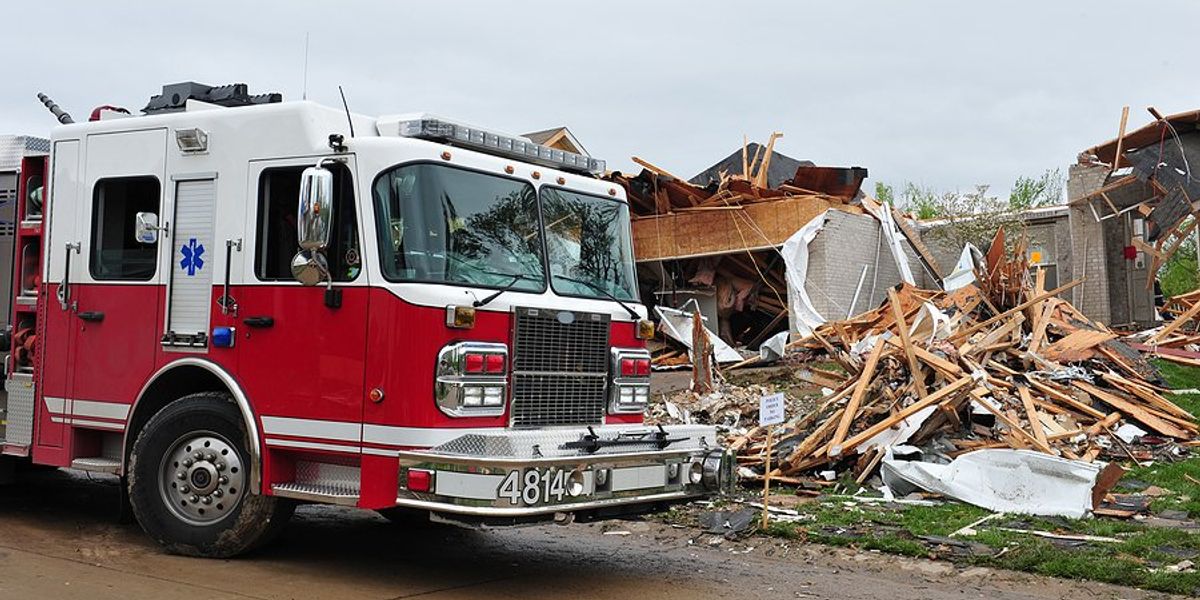
Colombia halts oil deal with U.S. company over fracking concerns
Colombian President Gustavo Petro ordered state-run Ecopetrol to cancel a $880 million joint venture with Occidental Petroleum, citing environmental risks from fracking.
Manuel Rueda reports for The Associated Press.
In short:
- Petro opposed Ecopetrol’s extended deal with Oxy, which aimed to extract oil from Texas and New Mexico using fracking.
- The project, producing about 90,000 barrels of oil per day, accounted for 12% of Ecopetrol’s output in 2024.
- Ecopetrol’s stock initially rose on the deal but dipped after Petro’s call to cancel it.
Key quote:
““I want that operation to be sold, and for the money to be invested in clean energies. We are against fracking, because fracking is the death of nature, and the death of humanity.”
— Gustavo Petro, president of Colombia
Why this matters:
Fracking can pollute water, trigger seismic activity and produces greenhouse gases, making it a contentious issue worldwide. Colombia has banned fracking domestically and Petro’s decision reinforces his push for clean energy. Colombia, which relies heavily on oil and gas exports, risks alienating major U.S. energy companies and potentially weakening one of its key industries. This decision could also strain U.S.-Colombia relations at a time when the Trump administration has declared a "drill, baby, drill" energy agenda. American firms have significant investments in Colombia's energy sector.
Related: Colombian minister calls for transition from fossil fuels ahead of biodiversity summit













